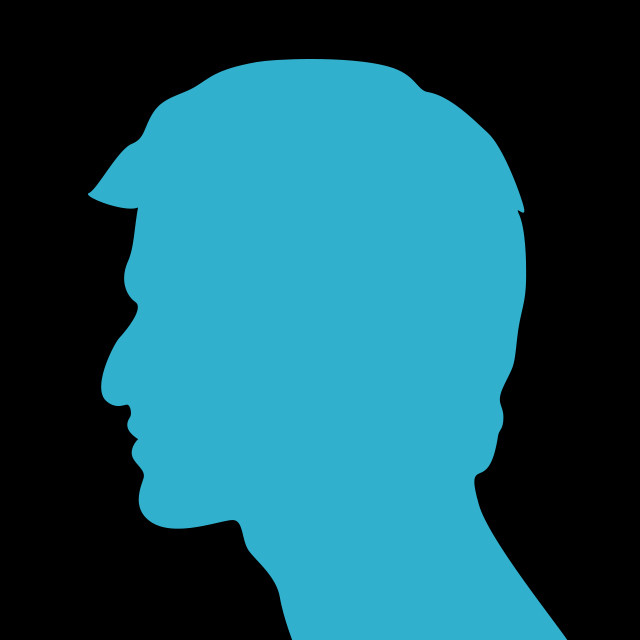Life is Hard... Especially if You are Different
As a young child, I was usually more on the shy side of things. I was the kid in kindergarten who hated being separated from his mom only to be thrown into a classroom of total strangers. I wouldn’t cry or throw a fit, but I was definitely scared, and boy, did I miss my mom. It wasn’t until I started studying Psychology in University that I finally understood that this lack of comfort (or my social awkwardness) was the result of not having attended even one day of day-care. I had little to no prior experience of interacting with kids my age, and therefore didn’t have the confidence nor the coping measures to do so.
Fortunately, as the years went by, I gradually grew out of my shyness, which, believe it or not, led me to realize that I actually enjoyed speaking and socializing. In fact, I enjoyed talking so much I would often be told to keep quiet by those who became annoyed by my incessant chatter. Unfortunately, as I continued to break free from my shell (or cell) of social insecurity, another issue became more and more apparent according to society’s standards. I don’t know if you’re familiar with the Looney Tunes’ character, Elmer Fudd, but he mispronounced his ‘R’ consonants by making them sound like ‘W’ consonants. Why am I telling you this? Well, because I sounded like him.
And, to be honest, I didn’t care about how different I sounded — at first. In fact, I couldn’t even hear myself mispronounce the consonants. I mean, really, I was just a kid who wanted to play, have fun, and be accepted. Nonetheless, at a young age, I found out that not even the naivety or innocent wishes of a young child can't protect him from humanity’s tendency to shame those who are different. I was made fun of and made to feel deficient by kids, school teachers, and family members.
Student: “Hey Miss, ask Vincent to say his last name.”
Teacher: “Oh, I know, he would probably make it sound funny.”
Class: Hahahaha!
“Hahaha! You remind me of that cartoon “wabbit” on the front of the cereal box.”
“Do you have an illness that makes you speak like that?”
“When you grow up, people won’t take you seriously.”
Words that were formed in the darkest parts of people’s hearts and wielded as weapons...
Words that served as a battering ram and eventually broke down my defenses...
Words that invaded my heart, poisoned my soul, and warped my mind...
Words that fractured my identity and disrupted my life trajectory...
Words that left me feeling deficient, disabled, and distanced...
Words that cast me out and wrecked my health...
Words that hardened my heart...
Words that harmed me...
I believe life is hard in general, but for those of us who are perceived as different, it is especially hard.
No wonder I developed an anxiety disorder, a nervous twitch (that lasted one full year), and a psychological stutter. These mental health issues and impediments were the result of years of torment. They were burdens that I was, in a way, ordained by my community to carry well into my teenage years, when they were made much worse by my being on the receiving end of a long list of inflammatory insults and prejudicial statements for having a large nose, acne, a skinny build, and parents who supposedly drove low-class economic vehicles.
I believe life is hard in general, but for those of us who are perceived as different, it is especially hard. When we don’t measure up to the norms of the world, society, or our community for reasons that may or may not be our fault, people — who, ironically, are not perfect themselves — love to remind us of our differences, or in my case “flaws,” to the point of making us feel ashamed of our flaws, and worst of all — ashamed of ourselves.
Because I was continually being reminded of my differences in a disempowering and character-scathing way, I eventually developed a false concept of myself that was built on the harsh opinions of others — a version of myself that was hollow and yelling for help (especially at work). Sadly, I was at times unable to fight back or even physically yell for help because my anxiety was so overwhelming that I was incapable of producing speech — unless I wanted to stutter all over the place, which, of course, would only draw more potential scrutiny and pain my way.
Anyway, it is accurate to say that during adolescence, I was seen as a “poor loser” who was given an undesirable lot in life... A “poor loser” who was desperate to try and find any sense of worth while trying to hide from the world... A very insecure individual whose heart was growing hard and whose soul was turning toxic.
I needed help. I needed a way out. I needed a new identity.
So, I decided to embark upon a journey for the purpose of finding my better self — my true self.
And you can too.
You don't have to face this alone. Fill in the form below and one of our mentors will respond as soon as possible. It's confidential and always free. Our mentors are not counsellors. They are ordinary people willing to join people on their journey in a compassionate and respectful manner.
These issues can be hard to face. If you’re considering harming yourself or others, please read this!
Please fill out the form below so we can get in touch with you.
